This article was originally published by Wieneke Olthof of Providers of Goodness on March 3, 2019. It is republished here with her permission and is the first in a series designed to explore the many ways organizations worldwide experience the Genuine Contact way of working.
Ambition turned reality:
Worldclass Örnsköldsvik!
We meet online on a late afternoon in January. I connect from my home studio in the Netherlands, while Frida Knutsson and Thomas Herrmann log-in from an ice hockey arena in Sweden. Thomas from Open Space Consulting has just finished a three day ‘Whole Person Process Facilitation’ training for the municipality of Örnsköldsvik. Frida Knutsson is the instigator of this organizational learning journey. As we meet, they mention that in 1,5 hours a hockey game will start and the arena will flood with enthusiastic fans. We quickly dive into the topic of today: the amazing and ambitious municipality of Örnsköldsvik, that is light years ahead of other municipalities, when it comes to engaging and co-creating with their citizens and local businesses.
As Providers of Goodness, we are very interested in social innovation, and a while ago Thomas told me about your project. He said that there’s a Genuine Contact (a transformative and participative approach to organizational success, red.) municipality growing in the world. Of course, we got very curious about that! Frida, can you share a bit about your role in the municipality of Örnsköldsvik?
“I think that my title would be ehmm … social development manager for the municipality of Örnsköldsvik. Our municipality has worked with social innovation for over twenty years now, and it has proven to be a great way for organizations and the municipality to co-create solutions for Örnsköldsvik – to make it more attractive to work here, to develop businesses here, to live here. These topics require for a lot of minds to think together, and we have found that we need powerful tools to invite people to think and work together. So that is the work I do, and I have been doing this for about 10 years at Världsklass.”
Världsklass?
Thomas explains: “Världsklass means ‘world class’.” Frida: “It is a project that was started 20 years ago, and that has now become an integral part of our municipality. Back then our city was experiencing really tough times economically. Big companies had to let go of a lot of their workers, and many people moved away from Örnsköldsvik. At that time, the politicians and leaders from the big companies realized that this is not something they could figure out sitting in their offices. Instead, they saw that we needed to come together and find solutions together. This is how Världsklass got created, and it has continued with the same intention for over 20 years now. These days, it is an obvious positive force to everyone in our region, and a great channel to invite all kinds of participants in all kinds of social innovation processes.”
I heard that you use co-creative processes as your main method to get things done in your municipality. Can you give us a very successful example?
Frida thinks for a bit: “Well, one of our greatest examples is that we (Världsklass, red.) invited a neighborhood – a part of Örnsköldsvik – to come together in an outdoor meeting. I think it was May, so the weather was pretty good, and we hosted an open space (a meeting designed with a highly participative approach called Open Space Technology) on how they wanted to develop their neighborhood.
This neighborhood called Sörliden-Valla was really divided socio-economically. So that was a really interesting area to work with. What came out of the meeting is that they started a continuous dialogue and came up with an action plan for their own neighborhood. We could fund some of their ideas through Världsklass.
Today, they have their own citizen organization called Sörliden-Valla Samverkansförening with a couple of employees, and they do a lot of good work, like supporting immigrants with integrating into Örnsköldsvik. This all came from one well-designed open space meeting.”

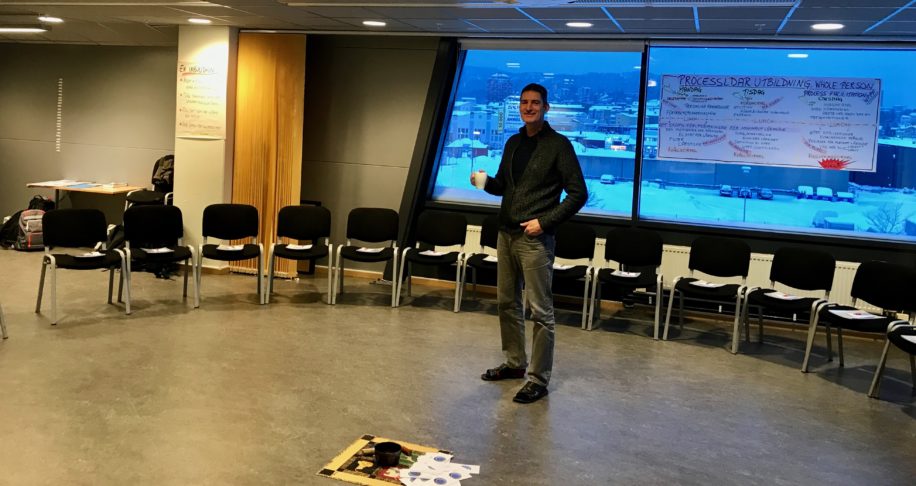

Has the use of participative methods also influenced how you work within the municipality itself?
Frida: “Definitely. An example of how we guide our own policy making and the execution of it, is that together with citizens and local businesses we do a yearly analysis of our environment. It is a process from August till November. We take a halt and observe what is happening in the world around us. We work with 30 groups of people gathered around specific themes – this includes young people who are still in school, politicians, CEO’s, and people from different parts of Örnsköldsvik. We analyze our findings and formulate conclusions and areas of strategic importance for Örnsköldsvik.
We collect all the data, add analyses from the EU, the government, and from trend watching companies, and we combine it with the local picture of what is going on in the world and what we need. The outcome is an open-source document that anyone can use. We give it to our politicians every year as a base for thinking more long term. Citizens and businesses are welcomed to apply for funds for projects that connect to the challenges as mentioned in the document. So we have built a system where we look at our surroundings together, talk about it, analyze it and invite actions and projects based on what we see.“
This all sounds very perfect, and I imagine there must also have been struggles. How has leadership dealt with giving away their ‘control’ over the outcome of these participative processes?
Frida: “It is definitely a leadership question because you need really brave leaders that are able to welcome and embrace what they can’t control. And I think that makes all the difference. If the political leaders or the leaders within the organization were afraid and not willing to let go of part of their control, then we wouldn’t have the kind of work that we have today.
Since the start of Världsklass co-creative and participative methods have become more and more a part of our organization’s DNA. Knowing that we needed these kinds of process-tools, in 2003/2004 two people from the municipality joined an ‘Open Space Technology’ training with Thomas. Since then, we have invited Thomas to provide trainings about Open Space Technology and Whole Person Process Facilitation for our colleagues in 2008, 2010, 2016 and now again in 2019. And we have learned various other tools as well.
How do your colleagues at the municipality connect to Världsklass’s participative approaches?
Frida: “My colleagues get more and more excited to join the trainings and learn because they hear all the great stories and experience the power of participative meeting design.”
Thomas: “We just had a training with 31 participants. Many were from Örnsköldsvik, but Frida also invited leaders from neighboring municipalities to grow the network of collaborative leaders. In preparation for the training, we asked all participants to make an agreement with their closest manager about what impact they want to have in the organization. We did some pre-work with their managers as well, so they would know how to welcome back their employees with their new knowledge. We will round things off with a follow-up meeting, where the managers and the participants are welcome to get together and see: ‘okay now we learned this, how did it go? And how do we move on from here, so we really make the best possible use of this new knowledge?’ It’s very different from what is often the reality with trainings when a manager will say: ‘so, I haven’t seen you for a couple of days, where have you been? Oh, you had good training, okay, okay, back to work now.’ That is not how we want this to be, we want the learnings to be used immediately when people get back to work.”
And how do you make the managers excited to send their employees?
Frida: “In 2016 I told the managers: ‘I can finance these two trainings for two of your employees, but in return, I need for you to promise that they will use the methods. This is not a silent knowledge that they can just hold on to. They need to use it and they also need to lead meetings or a process for another department once or twice during the year.’ Back then they were a bit hesitant. This year, the managers were asking me if they could send more than just two people from their departments… I think they are convinced, haha!”



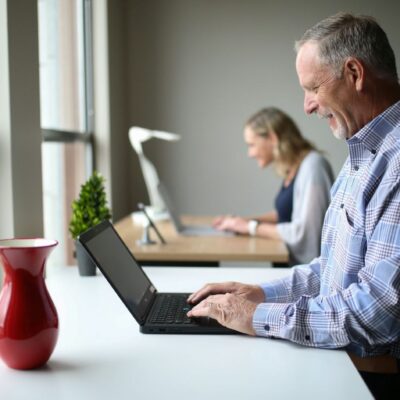
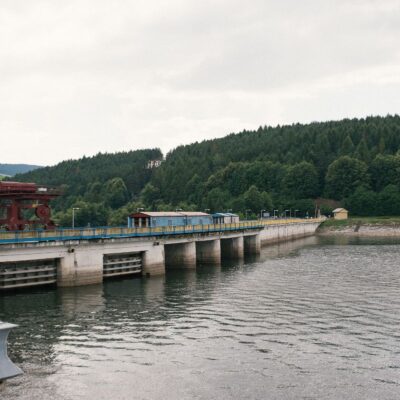
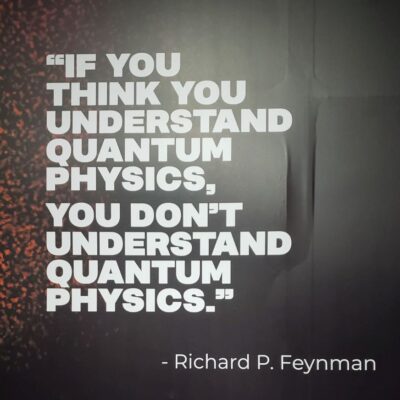

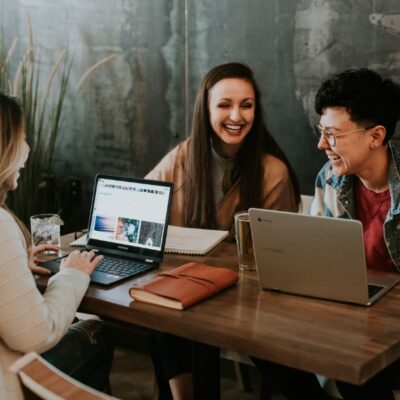
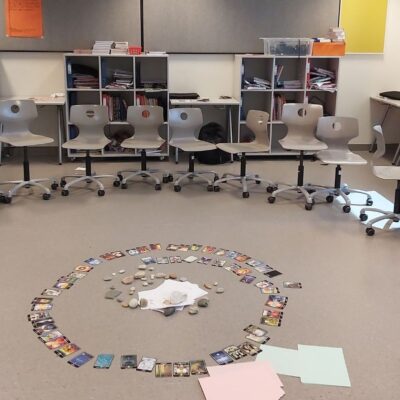
Leave a Reply